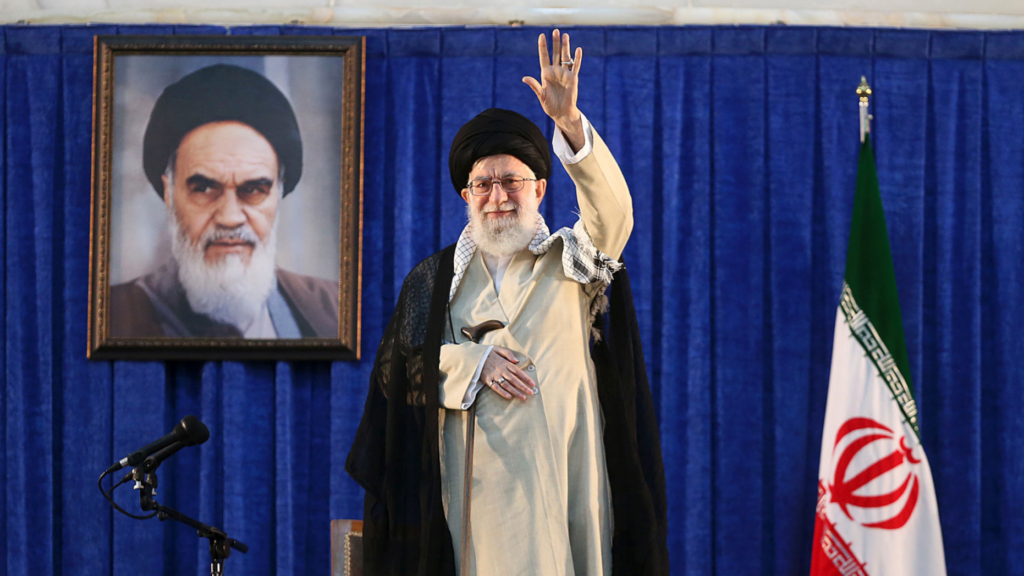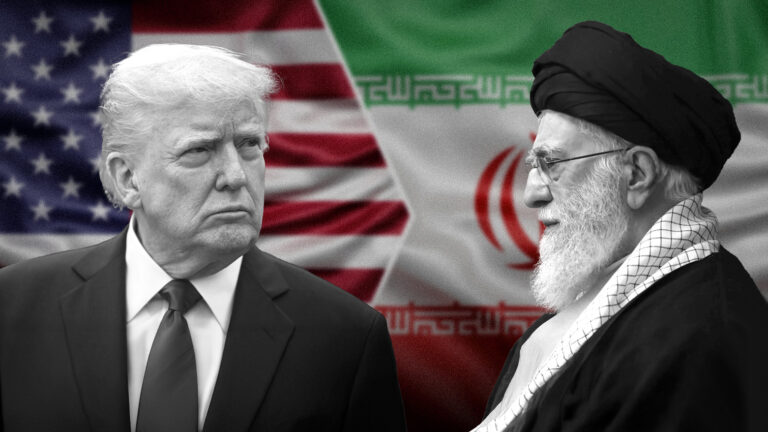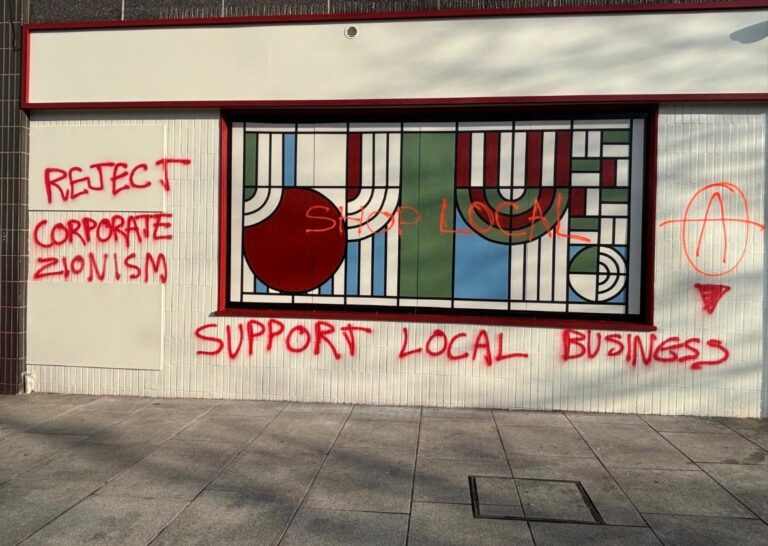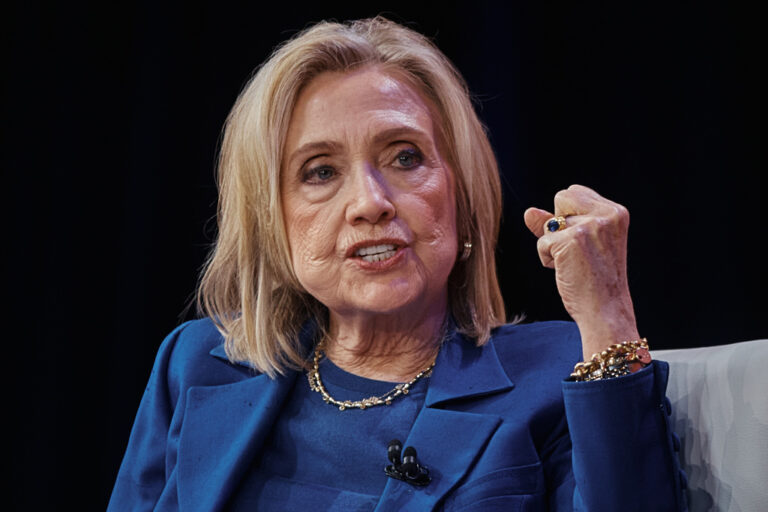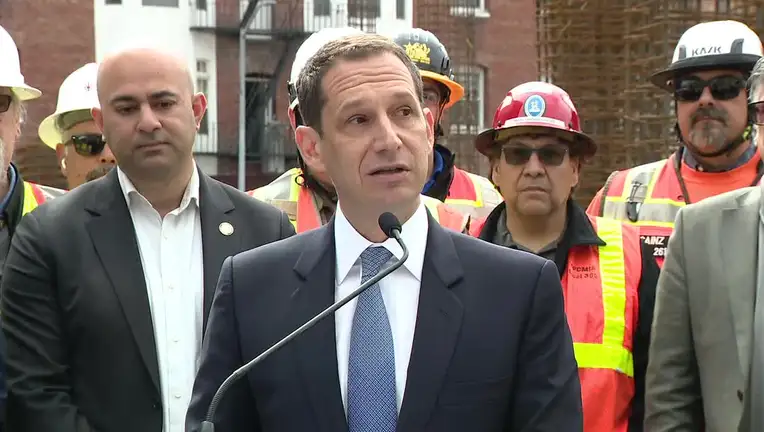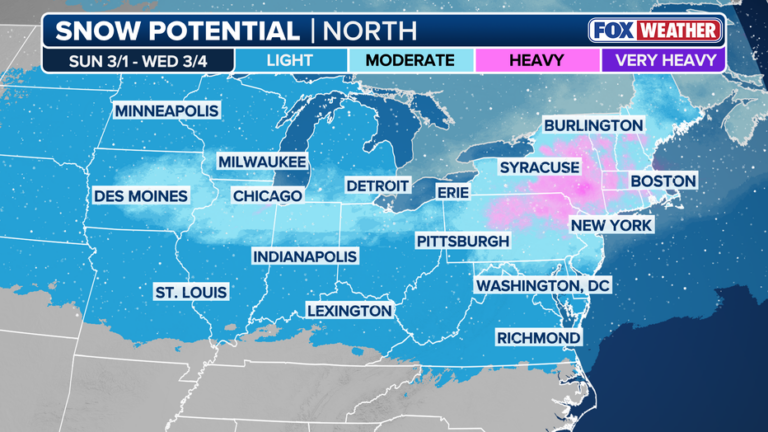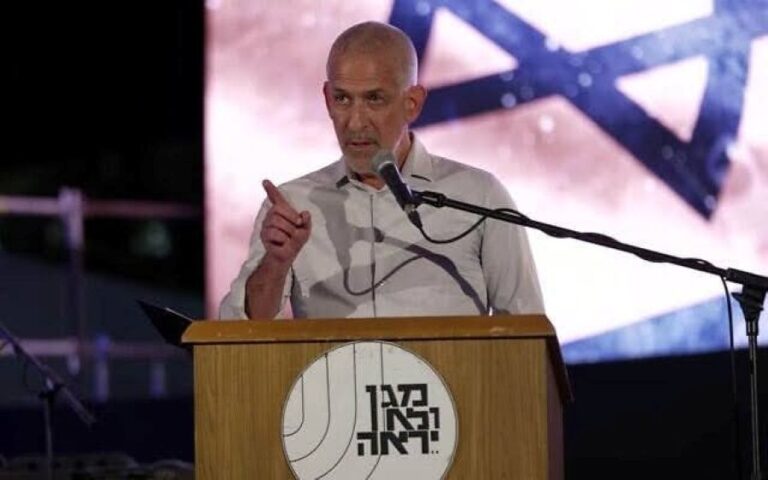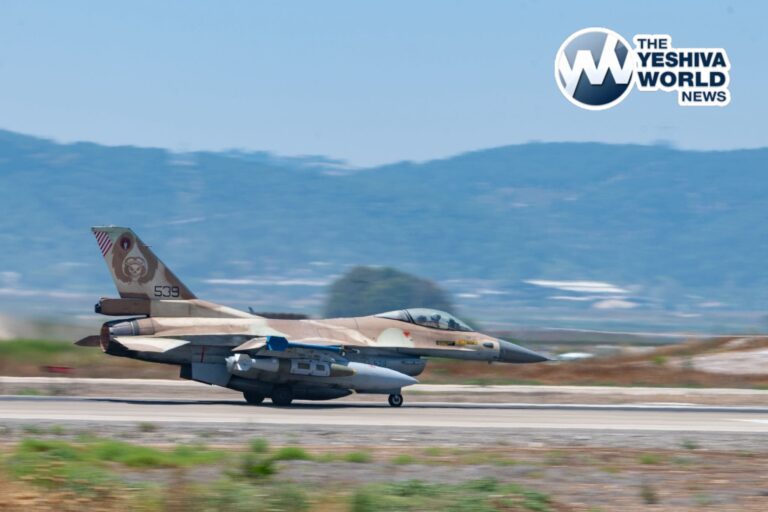Supreme Leader Ayatollah Ali Khamenei said Tuesday that Iran will continue resisting U.S. economic and political pressure.
Khamenei addressed thousands of people on the 30th anniversary of the death of Grand Ayatollah Ruhollah Khomeini, founder of the Islamic Republic, in Khomeini’s mausoleum in the capital Tehran.
Without referring to the U.S. by name, Khamenei said “standing and resisting the enemy’s excessive demands and bullying is the only way to stop him.”
Tensions between Washington and Tehran soared recently over America deployment of an aircraft carrier and B-52 bombers to the Persian Gulf over a still-unexplained threat it perceives from Tehran.
Last year, the U.S. withdrew from a nuclear deal between Iran and world powers and re-imposed sanctions on Iran targeting the country’s oil sector.
U.S. Secretary of State Mike Pompeo has said the U.S. is willing to talk with Iran “with no preconditions.” Iran says the U.S. must return to the deal first.
Khamenei, who has final say on all state matters, said the U.S. is threating Iran with hostility because “they want us to be losers and put our hands up as a sign of surrender, and because we don’t do that, they threaten us.”
Khamenei added: “Resistance has a cost, but the cost of surrendering to the enemy is higher.”
The Ayatollah urged Iranian officials not to pay attention to offers for negotiations made by the U.S.
“Wherever Americans have set foot, a war broke out, a fratricide began, a sedition was instigated, or an exploitation or colonialism began there,” he said.
The Supreme Leader added that Iran is under pressure to negotiate over its missile program because it has been developed to the point where it is a deterrent.
In his speech, Khamenei also criticized Iran’s regional rival, Saudi Arabia, for taking a stance against Iran in accordance with the U.S. position.
Saudi Arabia recently held a series of summits with Muslim countries and accused Iran’s behavior of threatening regional stability and security. Saudi Foreign Minister Ibrahim al-Assaf said Muslim nations must confront recent attacks blamed on Iran with “all means of force and firmness.”
Iran rejected the accusation.
Iran and Saudi Arabia are at odds over many regional issues, including the wars in Syria and Yemen, where they support opposite sides.
Saudi Arabia severed diplomatic relations with Iran after angry protesters in January 2016 attacked its embassy in Tehran and its consulate in the northeastern city of Mashhad over the execution of top opposition cleric Sheikh Nimr al-Nimr.
(AP)

